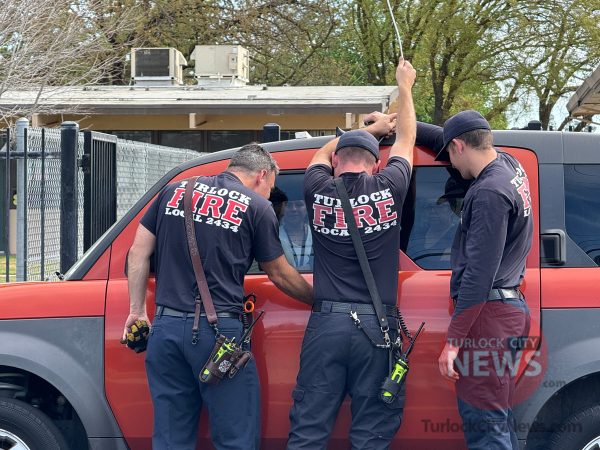U.S. Senator Dianne Feinstein made a statement on the Western Water and American Food Security Act, H.R. 2898, that addresses the California Drought as recently passed by the House of Representatives.
Feinstein stated that although the drought bill included some useful short-term provisions, that some elements of the legislation would violate environmental law. Calling for provisions that benefit the entire West, Feinstein mentioned the need for alternative water infrastructure, particularly because of the effects of climate warming.
“While I cannot support the bill as passed, I remain hopeful we can come to an agreement that can advance through both chambers,” said Feinstein.
H.R. 2898 focuses on obstacles posed by the Endangered Species Act (ESA) in terms of the water quantities dedicated to protect certain species in Central and Southern California and would require federal agencies to use current data when making regulatory decisions. The end goal of the bill is to avail more water to drought stricken communities.
“House Republicans are right that we need to increase the flexibility of the state’s water delivery infrastructure,” said Feinstein.
While there is bipartisan agreement on the need for up-to-date information in order to make water-related decisions, disagreement lies within the debate over the ESA protections for certain species that also pose risk to the availability of water.
“We need to facilitate water transfers and maximize water pumping without violating environmental laws like the Endangered Species Act or biological opinions, and we must do this using updated science and real-time monitoring,” said Feinstein.
Feinstein explained that a previously passed Senate bill had means to similar ends, but stated that a new bill should include environmental protections.
As part of a comprehensive and long term drought solution, Feinstein stated the need for examining more ways to support water recycling and storage. She also stated the need for building or increasing reservoir capacity, desalination, and groundwater replenishment projects.







